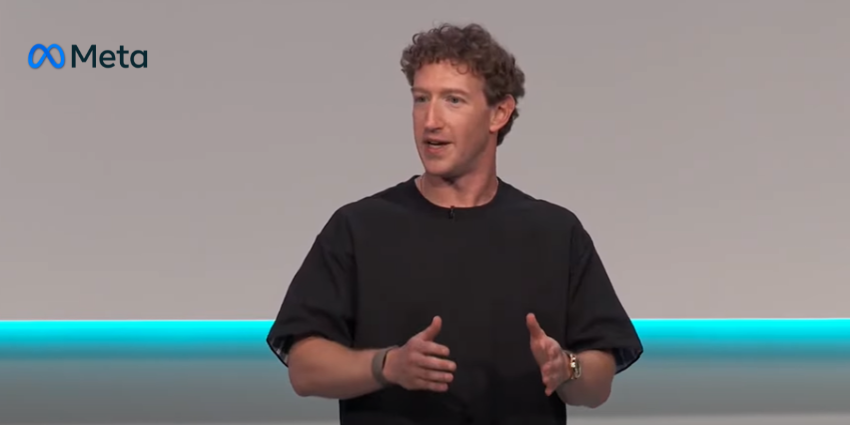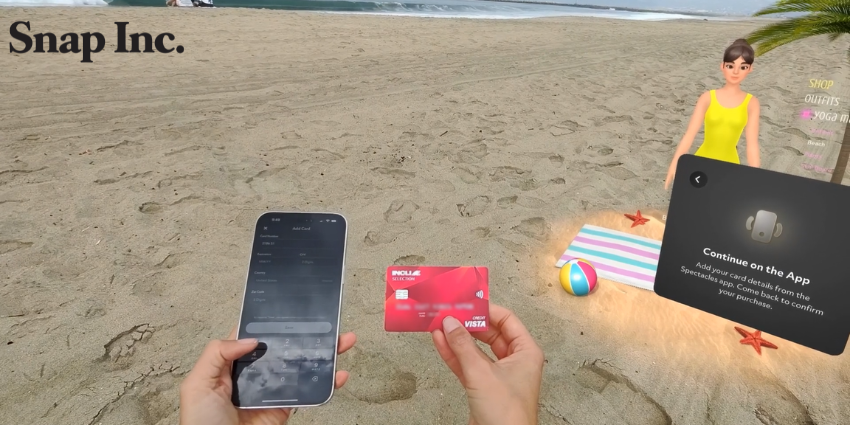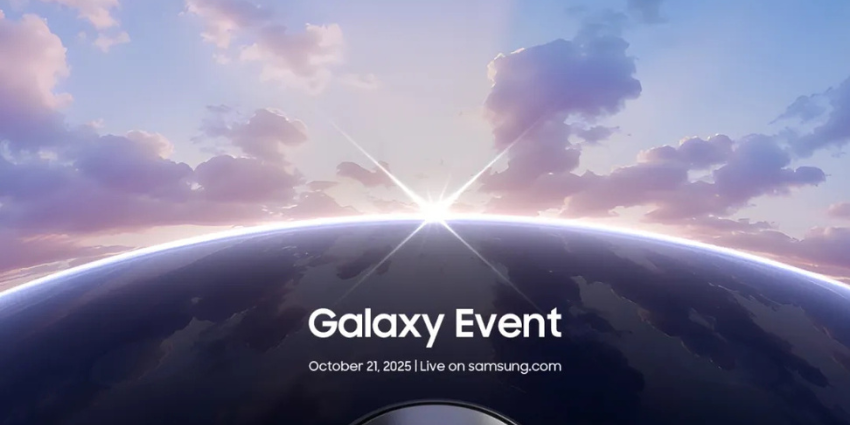Mark Zuckerberg took the stage at Meta Connect 2025 yesterday with a bold promise: smart glasses that don’t just look good but actually make you more productive.
Despite a few cringe-worthy technical hiccups that reminded everyone this is still bleeding-edge technology, the announcements signal something bigger – the moment when augmented reality reaches mass adoption.
Glasses Finally Get Smart Enough for Business
For years, smart glasses have lived in the awkward space between cool concept and practical tool. Meta’s previous Ray-Ban collaboration sold an impressive 2 million units priced at $299, proving people want wearable tech – they just want it to work seamlessly and look normal while doing it.
The Next Generation of Smart Glasses
Zuckerberg unveiled the next generation of their smart glasses at Meta Connect, with upgrades that transform them from lifestyle accessories into legitimate productivity tools.
The Ray-Ban gen 2 is set to launch at a $379 price point, with a range of customisation options available. Battery life is set to double from four to eight hours. With improved charging capabilities, they can now reach 50% battery after just 20 minutes. The built-in camera has received a serious upgrade too. Ray-Ban Meta gen 2 glasses will be able to capture 3K Ultra HD video, twice the resolution of the original models.
Mark Zuckerberg:
“[We’re building] great looking glasses that deliver real super-intelligence”.
The Smartphone Killer?
Meta isn’t just iterating – they’re betting the company that smart glasses will eventually replace smartphones entirely. New features available for all generations of their smart glasses hint at this ambitious timeline.
A new conversation focus feature that amplifies the voice of whoever you’re speaking with while filtering out background noise could be a game changer when taking meetings in noisy environments. An improved live translation feature, now available in six languages, will break down language barriers, offering massive enterprise opportunities. These aren’t party tricks – they’re productivity multipliers that address real challenges.
As Zuckerberg put it:
“The technology needs to get out of the way.”
That philosophy shows Meta understands what enterprise customers want: tools that enhance human capability without creating new friction.
The Future of Hands-Free?
Perhaps the most intriguing announcement from Meta Connect 2025 is their neural wristband technology, which Zuckerberg described as a “huge scientific breakthrough”. This uses EMG (electromyography) sensors to detect subtle muscle signals in the wrist, allowing users to carry out tasks such as messaging with small, intuitive hand gestures.
While Zuckerberg’s attempt to demonstrate seamless text input to CTO Andrew Bosworth didn’t go quite as planned, the underlying concept addresses one of the biggest barriers to XR adoption in professional environments: the need for intuitive, hands-free interaction.
Neural interface technology could unlock entirely new categories of workplace applications for industries where workers need to keep their hands-free. While the technology is clearly in its early stages, the potential for transforming how we interact with digital information in professional contexts is profound.
Athletes Get Their Own AR Arsenal
Meta and Oakley have teamed up to create the Vanguard glasses – smart eyewear built specifically for the demands of elite performance. These aren’t your office-friendly Ray-Bans trying to moonlight as sports gear. With their aggressive wraparound shield design, water resistance, and dust protection, the Vanguards are engineered for athletes who push equipment to its limits.
The game-changing feature is a center-mounted camera that captures 3K first-person footage, positioning users as the director of their own highlight reel. For sports media, this also opens entirely new storytelling possibilities.
At $499 launching October 21st, the Vanguards represent a premium bet that serious athletes will pay more for purpose-built technology.
What Comes Next
What makes Zuckerberg’s keynote address at Meta Connect 2025 so significant isn’t any single product announcement – it’s the convergence of factors that suggests enterprise XR adoption is about to accelerate. But the real measure of success won’t be media buzz, it’ll be whether IT departments see genuine value in the technology and whether employees continue to use these devices once the novelty wears off.







